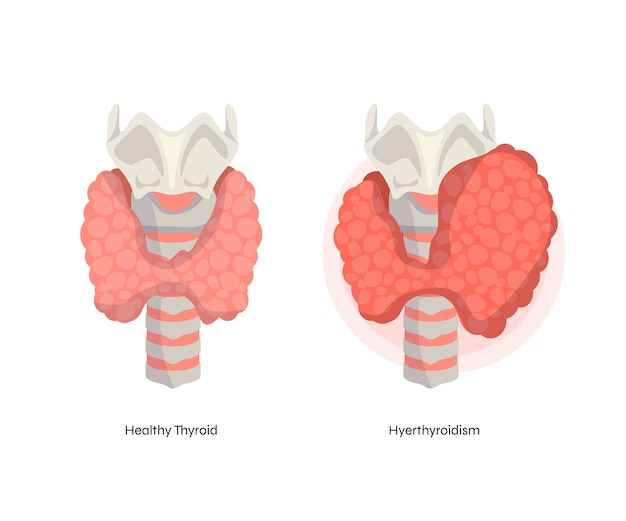Losing weight with a thyroid condition can feel like an uphill battle. Despite eating right and exercising, many people struggle to shed pounds due to underlying thyroid imbalances. The thyroid gland plays a crucial role in regulating metabolism, energy levels, and fat burning. When it's underactive—such as in hypothyroidism—your body slows down, making weight loss especially challenging.
This comprehensive checklist is designed specifically to support thyroid health while promoting safe, sustainable weight loss. We’ll break down what to do, why it works, and how to adapt the strategies to fit your unique needs.
The thyroid produces hormones—primarily T3 (triiodothyronine) and T4 (thyroxine)—that control how your body uses energy. When hormone production drops, your metabolic rate slows, leading to fatigue, cold intolerance, and weight gain or difficulty losing weight.
Even subclinical thyroid issues can hinder weight loss. Therefore, supporting thyroid function is not just about medication—it’s about lifestyle, nutrition, and stress management.

Your thyroid needs specific nutrients to function properly. Focus on foods rich in:
Avoid processed foods, refined sugars, and excessive goitrogens (like raw cruciferous vegetables) if you have iodine deficiency or hypothyroidism.
Protein helps maintain muscle mass during weight loss and supports satiety. It also aids in the production of thyroid-binding proteins. Aim for 20–30 grams of protein per meal from sources like eggs, poultry, fish, legumes, and Greek yogurt.

Chronic stress elevates cortisol, which can suppress thyroid function and promote fat storage, especially around the abdomen. Incorporate daily stress-reducing practices such as:
About 20% of T4 is converted to active T3 in the gut. Poor gut health can impair this process. Promote a healthy microbiome by:
While exercise is essential, overdoing it can stress the body and worsen thyroid imbalance. Focus on a balanced approach:

Common deficiencies in thyroid conditions include vitamin D, B12, magnesium, and iron. Ask your healthcare provider for blood tests to identify any shortfalls and consider targeted supplementation if needed.
Chemicals in plastics, cosmetics, and household cleaners can interfere with hormone function. Reduce exposure by:
Everyone’s body responds differently. Start by implementing 2–3 checklist items that feel manageable. Track your energy, mood, and weight weekly. Adjust based on how you feel—not just the scale.
If you're on thyroid medication, consistency is key. Take it as prescribed, ideally on an empty stomach, and avoid taking it with calcium or iron supplements, which can interfere with absorption.
Weight loss with thyroid support isn’t about quick fixes—it’s about creating a foundation of hormonal balance, nutrition, and self-care. By following this checklist, you’re not just aiming to lose weight; you’re nurturing your overall health.
Be patient and compassionate with yourself. Small, consistent changes lead to lasting results.

Wellness

Wellness

Wellness

Wellness

Health

Wellness

Wellness

Health

Wellness

Wellness

Wellness

Fitness

Health

Fitness

Health

Health